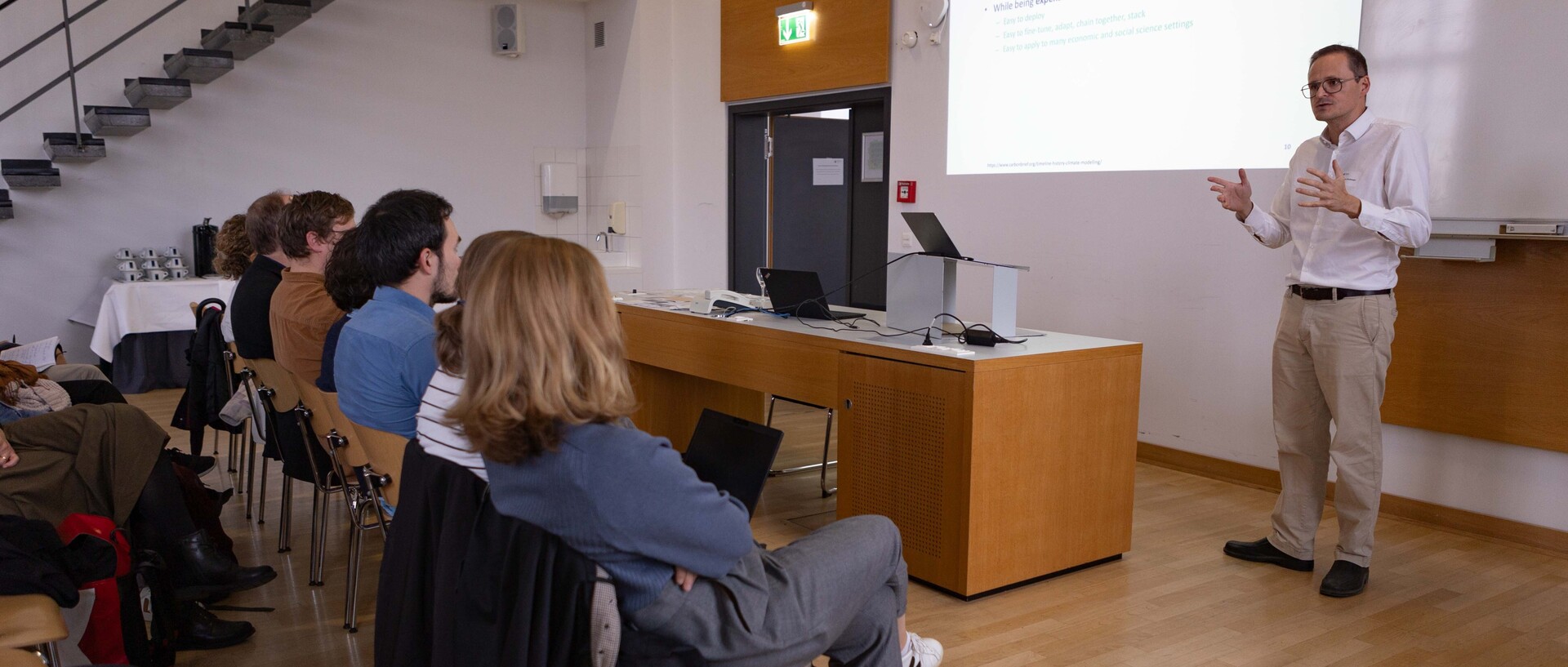Data Science Research at the University of Mannheim
Learn more about our research projects in the field of Data Science
In our interview series Data Science Insights, we introduce you to one research project in the field of Data Science at the University of Mannheim every month.

